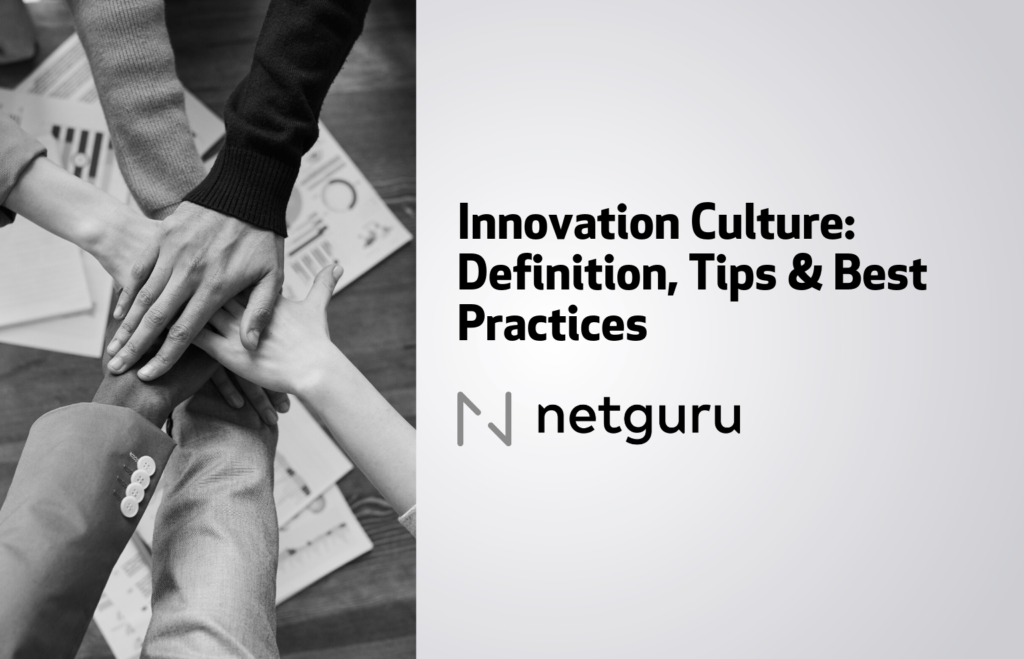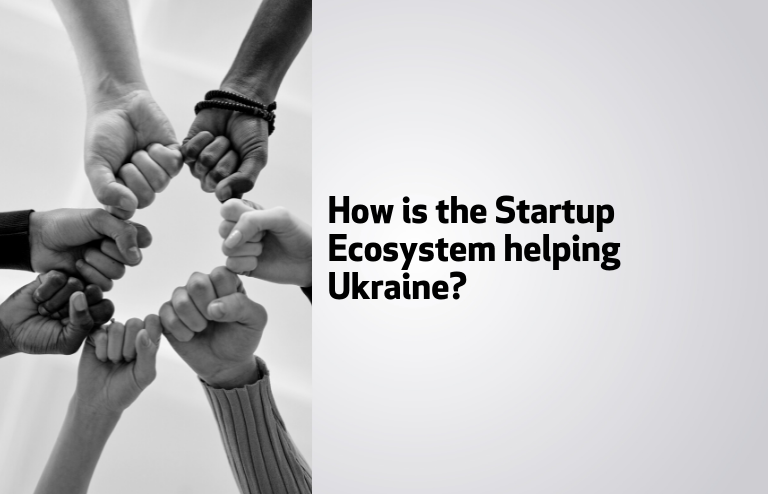Success in business is not only about a good idea, motivation and determination to act. Above all, there are people behind every victory. As emphasized by Romeo Grzębowski, the president of the Extended Disc Polska management board and partner in Time for team, a well-functioning team is built primarily on mutual trust. Check how team building can help in business development and what to pay attention to when selecting people for cooperation.
It is often said today that a good team is one of the guarantors of the project’s success. Why the team in a startup is so important?
Romeo Grzębowski, Extended Disc Polska: Simply speaking, the times of geniuses, inventors and people broadly gifted on many levels are over. Today’s world is so complex that it is simply impossible to act alone. Implementing a project, especially an innovative one, which is supposed to succeed, we need knowledge and experience in many fields, looking at business from various perspectives – and this can be ensured by well-selected colleagues. For instance, a person who produces technologies may not have the skills necessary to sell them, and without that even the best ideas lose their chance of commercial success. Similarly, preparing a business plan – it is significant to critically look at its assumptions, from another perspective so that implementation is as real as possible. Therefore, it is worth having colleagues thanks to whom you can avoid many threats associated with operating on your own.
What is team building really about? What is the most important thing when conducting this type of activity?
RG: The main assumption of all team-building activities is building relationships in a team which will affect better decision making and improve implementation of the most complex projects. In order to be successful on these levels, it is necessary to build a team motivated by one common goal. Colleagues should trust one
another, be open to discussion and criticism and act based on clear principles, e.g. when making decisions.
One cannot forget about sharing common values, what is missing in many business teams. As it can be concluded from studies conducted by Google, the appropriate attitude and management through values is one of the most important managerial competences. Personal values constitute one of the strongest motivators or they demotivate the team. If employees cannot implement their values at work, they become less engaged, which will consequently lead to them leaving work. Hence, it is worth uncovering them through conversations and seeking common ground. Today it is important to create conditions to implement employees’ values or build a team which will identify with the principles applied at a given company. If there is a discrepancy between the values professed, it may turn out that further cooperation will not bring the desired results.
What mistakes are most often made by young entrepreneurs when choosing colleagues? How to avoid them?
RG: Entrepreneurs who are at the beginning of their path, especially in small businesses, often choose people who are too similar to each other. It is easier to find an agreement thanks to this; however such a relationship can make everybody look at a problem from the same perspective, which will make it difficult to solve it. On the other hand, selection of colleagues in terms of knowledge and competencies only, without taking into account their adjustment to a given role or motivation to work, will not bring good results, either. Another frequently made mistake is cooperation with family and friends from whom – regardless of their competencies and adjustment to roles in the team – it is more difficult to enforce some actions due to private intimacy or liking.
In order to avoid mistakes in team building, it is worth using external recruitment consulting, which will help select people needed in a given business. It is necessary to pay attention to common values – whether they are consistent among candidates and employees.
It is also useful to use tools available on the market to diagnose natural talents and predispositions of potential employees and compare them with the expectations on a given position.
When an entrepreneur can state or predict that they have selected the right colleagues to implement a project? Is it possible to draw such a conclusion?
RG: One of the more obvious conditions that a team works well is achievement of the assumed purposes which translates into business results. Effective implementation of tasks would not be fully possible if the atmosphere between employees was inadequate, which is why this is another important matter to be considered by the leader. If employees are satisfied with their work and they willingly come to the office every day, this means that the situation is good.
Currently, team managers can also use tools, such as e.g. Analiza Extended DISC, which help among others predict the behaviour of team members in tense situations. They also allow for better assignment of employees to specific tasks or for better problem solving between people with extreme approaches.
Once we have a well-chosen team of colleagues, what are the next steps in the team-building strategy?
RG: Building a team is a process which needs time and space. It is necessary to allow employees to better know one another, hence it is worth planning time for common meals or loose conversations. Thanks to that, they will be more open and they will build mutual trust. If people being members of a team trust one another, it is easier for them to undertake more difficult tasks or challenges. On the other hand, for a leader of such a team, it is easier to specify principles of work, such as e.g. clarifying team goals, defining roles and responsibilities or ways to make decisions. In creative environments that operate on the basis of innovation, it is very important to monitor the level of stress, as well as to maintain it on an equal level or lower it so that employees can perform their activities in a comfortable atmosphere.
It is worth remembering that in each team after some time the so-called “storm” appears, i.e. a crisis which is a natural element in the process. Proper crisis management will allow the team to move to the normalization phase, and later it will be conducive to increasing efficiency. What does this mean? Being open to discussions, establishing principles to solve disputes, mutual feedback. It is worth remembering that it is ideas and cases that should be subject to criticism – and not individuals. It is good to clarify all personal misunderstandings quickly. Poor management may cause that some teams go in circles, efficiency is reduced and constant rotation of employees takes place.
What are the main principles of teamwork which work well for the implementation of activities carried out by technology startups? What to avoid?
RG: Teams in technology startups are subject to the same laws as any other team. An additional difficulty for this type of ventures can be frequent remote work, a multitude of communication tools or the introvert nature of some employees, which is often observed in the IT environment. While, the largest mistake appearing in team management is disregarding the so-called “soft aspects”, such as team work. In order to avoid them, it is worth having a well thought-out strategy in this field. It may be helpful to develop the so-called team canvas, i.e. tools allowing not only roles and purposes to be determined in a given team, but also strengths and weaknesses, needs or applicable principles. Entrepreneurs may also use assistance of external specialists who will help them structure all the necessary aspects so that the team works efficiently, and work brings satisfaction to everyone.






